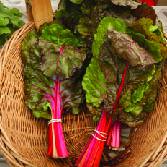-
CATEGORY ::
- All Seeds /
- All Flower Seeds /
- All Yucca Seeds







Yucca - Baccata
About...
Banana Yucca (Yucca baccata) - Also called broadleaf Yucca. It is native native to the West and Southwestern U.S. The plant gets its common name from its fruit, which resembles bananas. It is more dwarf than other Yucca species growing 15 - 18 inches tall and 4 to 6 feet wide.MORE YUCCA OPTIONS
Planting Directions
TEMPERATURE
71F - 75F
AVERAGE GERM TIME
14 - 21 days
LIGHT REQUIRED
Yes
DEPTH
Lightly cover seed with quality soil
SOWING RATE
1 - 2 seeds per plant
MOISTURE
Keep seeds moist until germination
PLANT SPACING
6 feet
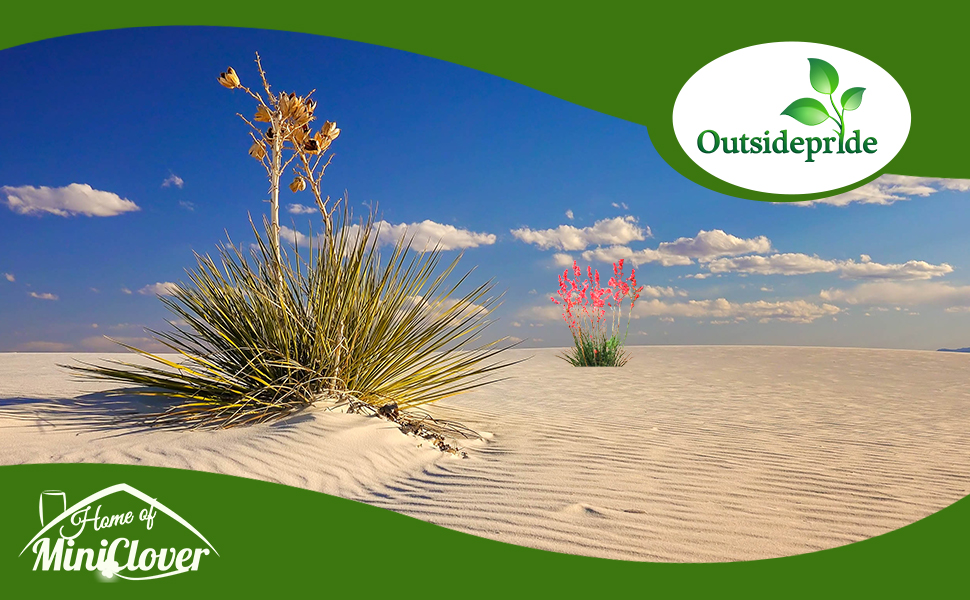
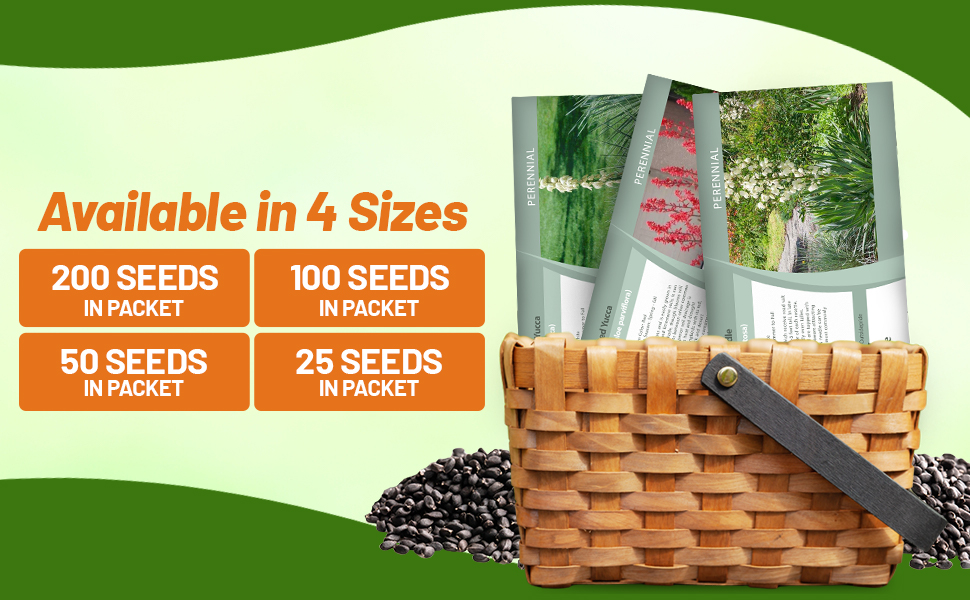
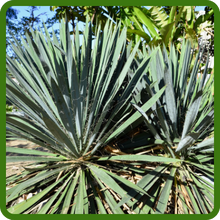
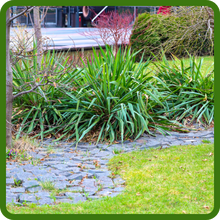
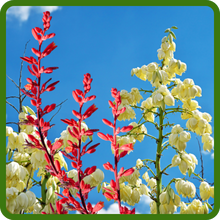
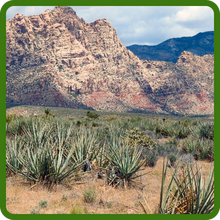
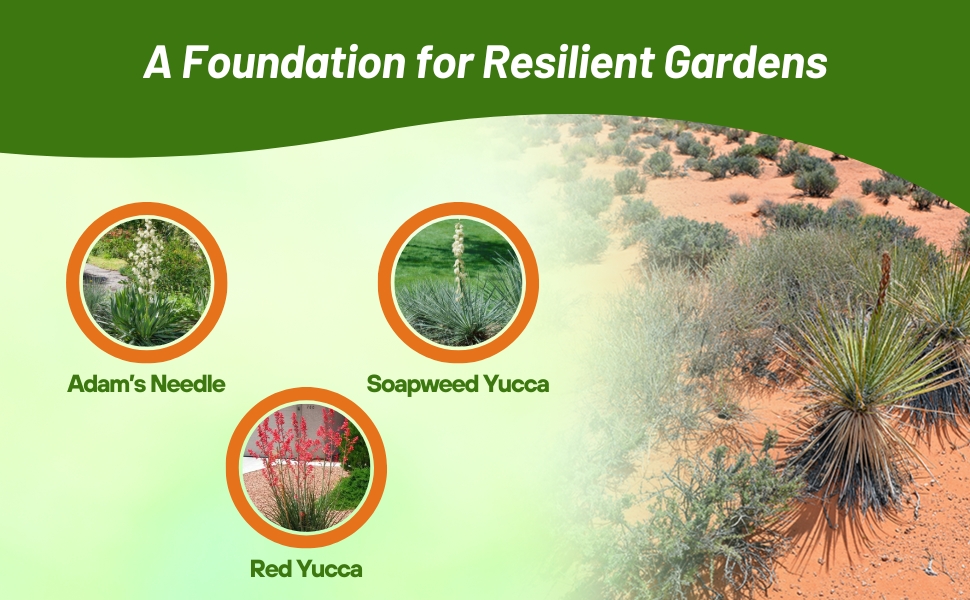
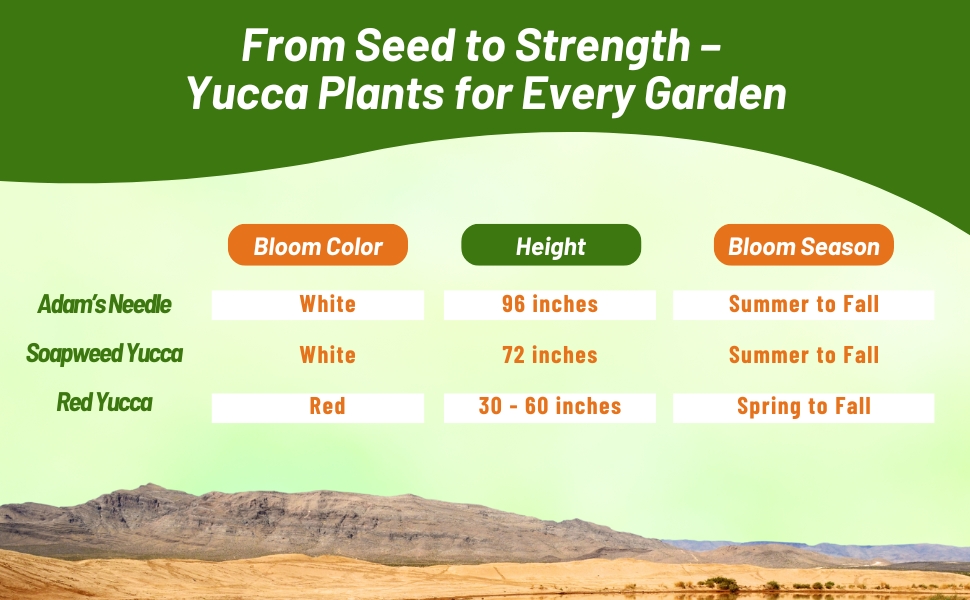
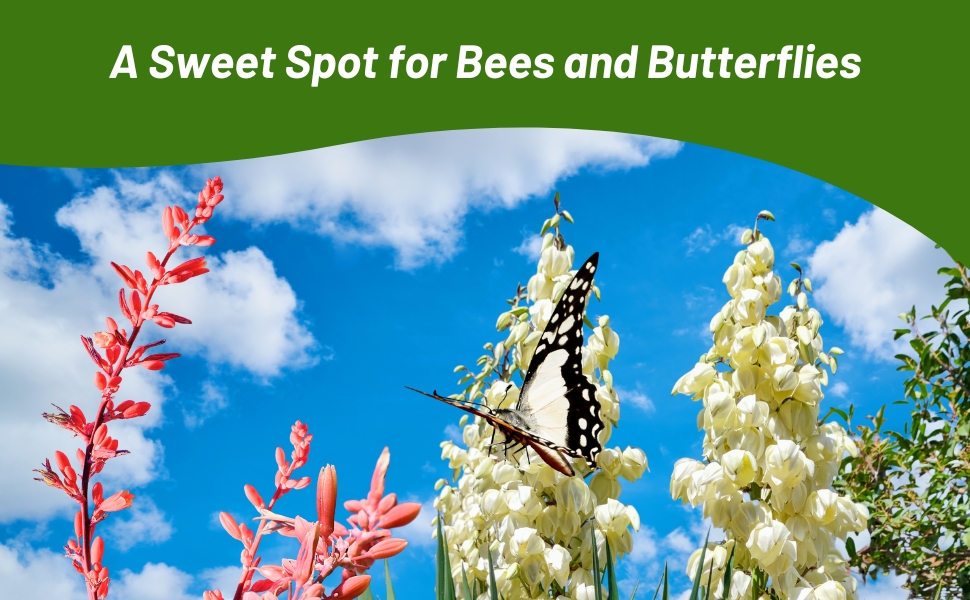
Banana Yucca (Yucca baccata) - Also called broadleaf Yucca. It is native native to the West and Southwestern U.S. The plant gets its common name from its fruit, which resembles bananas. It is more dwarf than other Yucca species growing 15 - 18 inches tall and 4 to 6 feet wide. Banana Yucca is a has thick, stout olive-green leaves and big spikes of showy ivory flowers in late spring. It is very cold hardy and well-adapted for xeriscape landscaping where minimal water is required. Give it room, as it will form wide-spreading colonies of stems. The large, banana-like fruits are readily fed upon by songbirds that eat the sweet, fleshy skin surrounding the seeds. Flower spikes may rise 2 - 3 feet above the main plant.
Flowers are pollinated by the nocturnal desert yucca moth. Due to their intense heat tolerance, they are a good plant choice for areas with reflected heat; such as city medians, desert style commercial landscapes. Banana yuccas can also tolerate some part shade and are very drought tolerant once established. Plants will adapt to just about any soil type as long as it drains well. Minimal care is all that is necessary for this tough plant which is rarely bothered by pests and is generally not bothered at all by deer and rabbits. Much like cactus and succulents, fertilizer needs are low and overfeeding can actually cause damage. It is not too often you get a plant that is cold tolerant as well as h eat and drought tolerant, but that is exactly what you get with Yucca plants. Use in mass plantings or feature as a container plant for decor.
















